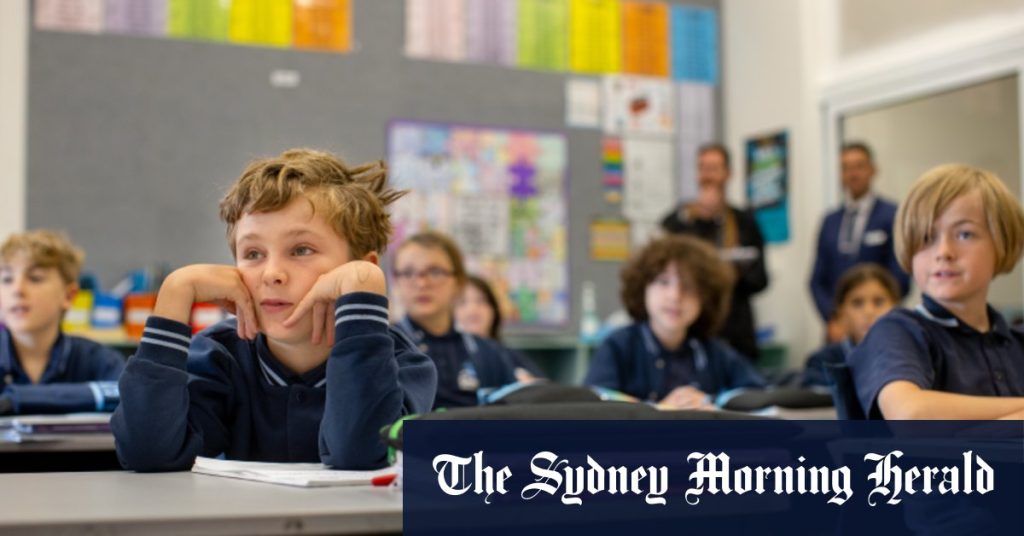Mitchell accused the minister of being secretive about the amount of money taken from public schools and called for transparency. She stated that the sudden decision to freeze the budget allocation had left schools struggling to make decisions regarding staffing, student resources, and capital projects. Mitchell highlighted that schools had lost over half a billion dollars in funding cuts, which she believed was unjustified at a time when students needed more support.
Car defended the government’s decision to prioritize spending on hiring more teachers and redirecting education funding towards the classroom. She criticized the previous government’s Local Schools, Local Decisions policy, which had transferred funds to principals but failed to reach the classroom due to teacher vacancies. Car argued that the current government was cleaning up the mess left by its predecessor.
There is currently a significant number of vacant teaching positions across NSW public schools, representing a 35% drop from the previous year. Some schools had unspent funds ranging from small amounts to hundreds of thousands of dollars. Principals argued that taking back this unspent funding was unfair, as it was difficult for schools to fill teacher vacancies due to statewide staffing shortages. The Department of Education defended the decision, emphasizing the importance of prioritizing teaching in classrooms.
The funding changes in NSW coincide with a standoff between the state and federal governments over a new school funding deal. Federal Education Minister Jason Clare has given state education ministers until September to agree to the deal, or risk losing an additional $16 billion over the next 10 years. The uncertainty surrounding education funding has raised concerns among educators and policymakers about the impact on student outcomes and resources in schools.
In response to the funding cuts and budget freezes, Mitchell and other critics are calling for more transparency and accountability from the education minister. They argue that schools need adequate funding to support student outcomes and resources, especially during challenging times. The ongoing debate over education funding highlights the complex challenges facing public schools and the need for effective policies and funding mechanisms to support quality education for all students.
Overall, the controversy surrounding education funding in NSW reflects broader concerns about resource allocation in public schools and the impact on student outcomes. The debate between government officials, educators, and stakeholders underscores the importance of transparency, accountability, and effective policies to ensure that schools have the necessary resources to support student success. As the negotiations over the new school funding deal continue, it remains to be seen how these funding decisions will impact schools and students in NSW and beyond.


